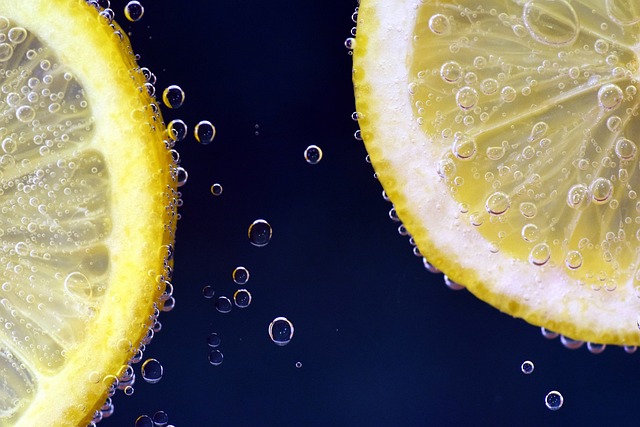Probiotics have taken the health world by storm over the past few years, and for good reason: they’re essential for gut health and digestion, and have been linked to benefits ranging from clear skin to improved immunity.
But did you know that probiotics aren’t just found in yogurt and other dairy products?
Today, we’re exploring some of the unconventional sources of probiotics that you should consider adding to your diet. These sources are perfect for those who are lactose intolerant or simply looking for new ways to incorporate probiotics into their daily routine.
Kombucha
Kombucha is a fermented tea that’s made by adding a SCOBY (symbiotic culture of bacteria and yeast) to sweetened tea. The SCOBY ferments the tea, creating a tangy, slightly fizzy drink that’s rich in probiotics.
Some people find the taste of kombucha to be too strong, but it’s easy to incorporate into your diet by adding it to smoothies or using it in place of vinegar in salad dressings.
Sauerkraut
Sauerkraut is made by fermenting cabbage with salt and is a staple in many cuisines, particularly in Germany and other parts of Europe. It’s an excellent source of probiotics and can help improve digestion, reduce inflammation, and boost your immune system.
Sauerkraut is typically eaten as a side dish, but it can also be added to sandwiches or burgers for a probiotic-packed topping.
Miso
Miso is a fermented paste that’s made from soybeans, rice, or barley. It’s commonly used in Japanese cuisine and is a great source of probiotics, as well as vitamins and minerals like vitamin K, manganese, and copper.
Miso can be used to flavor soups, marinades, and dressings, and is often used in vegetarian and vegan cooking as a meat substitute.
Kimchi
Kimchi is a spicy, fermented Korean side dish made from cabbage, radish, scallion, and other seasonings. It’s a great source of probiotics, as well as vitamin C and iron.
Kimchi is typically served as a side dish with Korean meals, but it can also be used as a topping for burgers or hot dogs, or added to stir-fries for a spicy kick.
Tofu
Tofu is a soy-based protein that’s commonly used in vegetarian and vegan cooking. It’s also a great source of probiotics, as well as protein, calcium, and iron.
Tofu can be used in a variety of dishes, from stir-fries to smoothies, and is a versatile ingredient that can help you get more probiotics into your diet.
Conclusion
Probiotics are essential for gut health and overall wellness, and fortunately, they’re easy to incorporate into your diet with these unconventional sources. Whether you’re lactose intolerant, vegan, or simply looking for new ways to boost your immune system and support your digestion, these probiotic-rich foods are worth adding to your diet.







